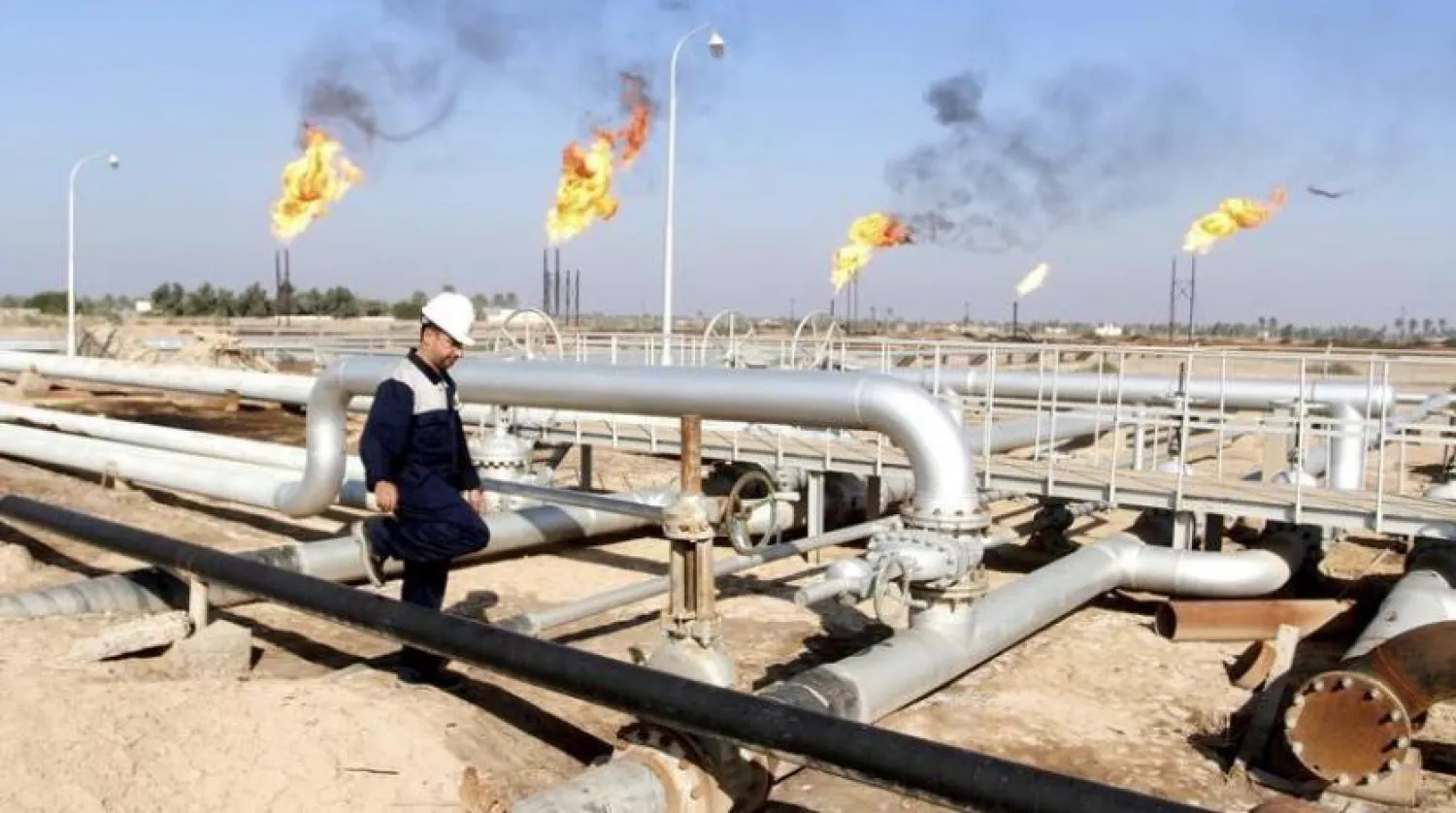Iranian Energy Minister Reza Ardakanian arrived in Iraq on Tuesday to discuss a number of issues and Iraq’s energy debts to Iran.
Heading an Iranian delegation, Ardakanian held meetings with senior Iraqi officials, including Prime Minister Mustafa al-Kadhimi and promised to "urgently resume pumping of Iranian gas," which had been slashed recently.
Ardakanian also held a meeting with Iraq’s Electricity Minister Majid Mahdi Hantoush to weigh plans to regulate electricity supply to Iraq.
In previous statements, Iraq’s Electricity Ministry spokesman Ahmed al-Abadi has said that the Iranian energy minister is likely to discuss Iraq’s outstanding debts to Iran.
Speaking to Asharq Al-Awsat he said that Iran used to supply Iraq "with about 50 million cubic meters per day, but today only about 5 million cubic meters are being delivered. This caused a significant drop in electricity generation."
“We have previously warned that the electricity issue could bring down any government if it is not handled properly," he stressed.
"The government today has the option of negotiating with the Iranian side over the outstanding debts, and there is also the option to instruct the Ministry of Oil to replace gas with liquid fuel,” he added.
Iraq owes more than $5 billion to Iran for gas imports, of which $3 billion is blocked and inaccessible in the state-owned Trade Bank of Iraq (TBI). The country also owes over $1 billion for electricity imports from Iran.
Iran has recently reduced its natural gas exports to Iraq and threatened further reductions due to the latter's failure to pay the dues. It also said further cuts were possible which increased the likelihood of more electricity shortages in Baghdad and other major cities.









